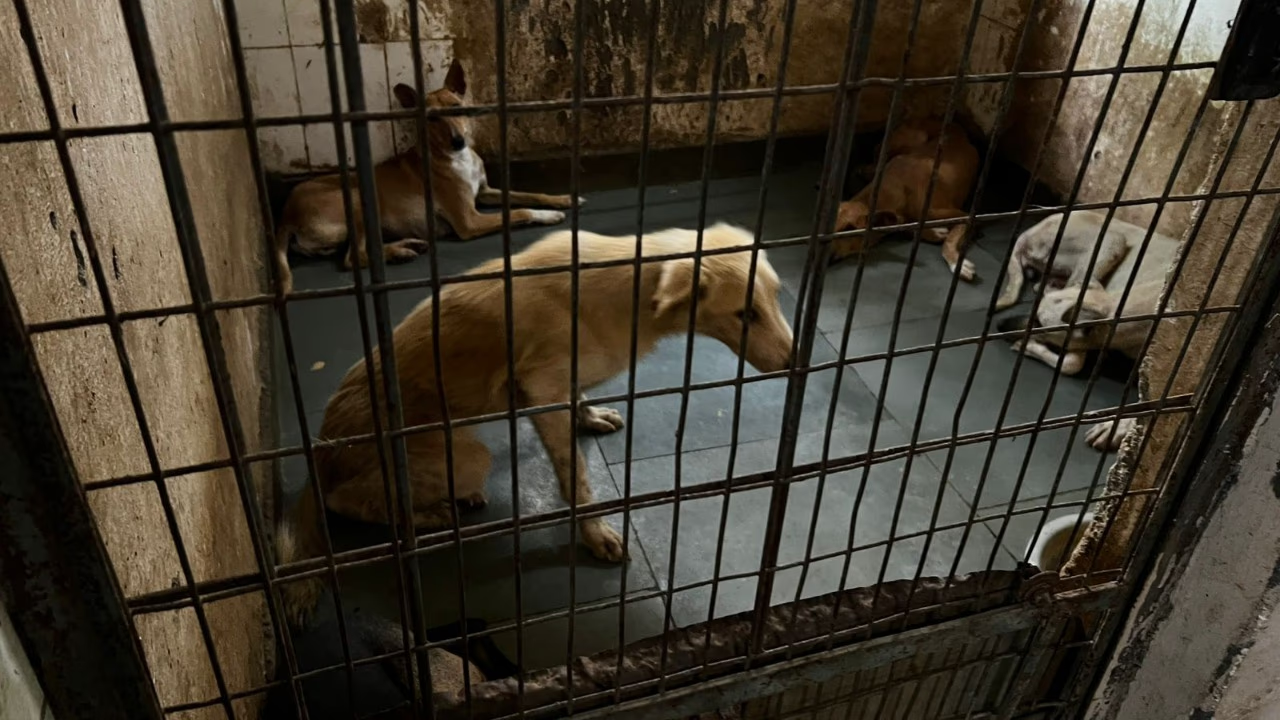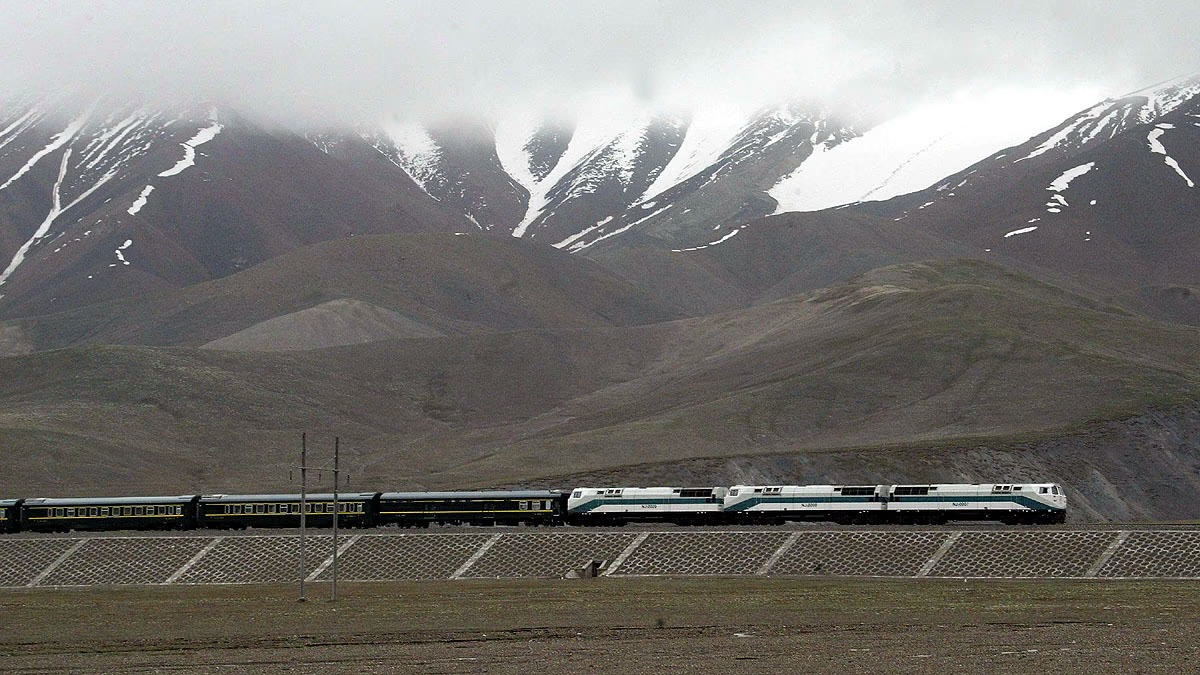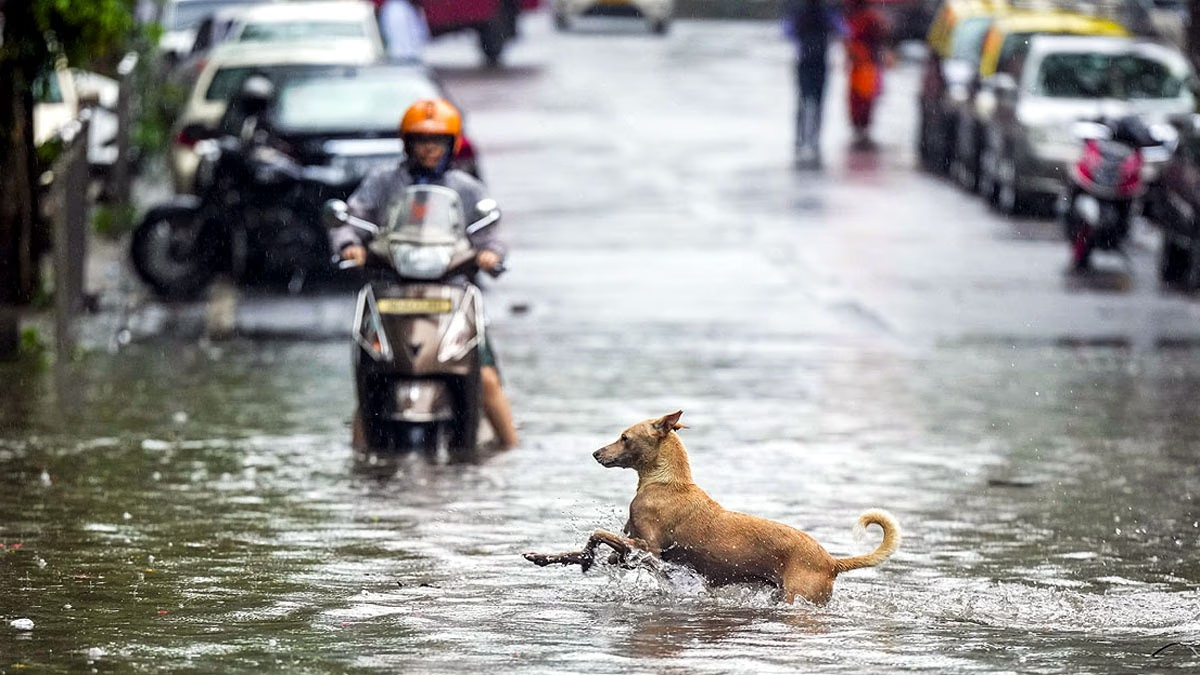Following the Supreme Court's order to immediately capture and permanently shelter stray dogs in Delhi-NCR, an India Today ground investigation reveals the dire conditions at two of the Municipal Corporation of Delhi's (MCD) Animal Birth Control (ABC) centers.
The Supreme Court bench led by Justice JB Pardiwala instructed that 5,000 stray dogs be captured from sensitive areas in Delhi, Noida, and Gurugram, sterilized, and permanently sheltered within six weeks. Additionally, shelters for dogs must be constructed within eight weeks, ensuring the captured dogs are not released back onto the streets.
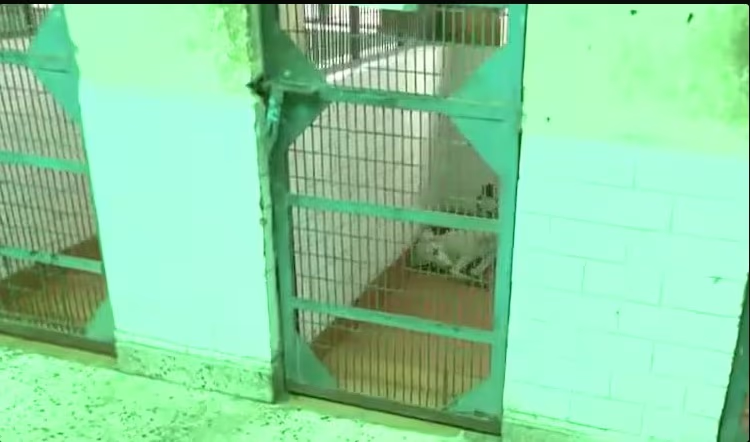
Source: aajtak
This decision comes in response to the rise in dog bite incidents and rabies deaths, which the Court described as a 'grave situation' allowing no room for emotions. However, animal welfare organizations have protested this order, labeling it unscientific and illegal. On Tuesday, police filed a case against protestors at India Gate in Delhi, citing security restrictions ahead of Independence Day.
Condition of MCD's ABC Centers
In this context, India Today visited MCD's ABC centers, managed in collaboration with private organizations. The Lajpat Nagar MCD ABC center, operated by Animal India Trust (Regd.), was found closed. Despite repeated knocks, no staff showed up, and the gate remained locked. The Masoodpur sterilization center in Vasant Kunj, with a capacity for 400 dogs, found its lone duty doctor absent due to viral fever.
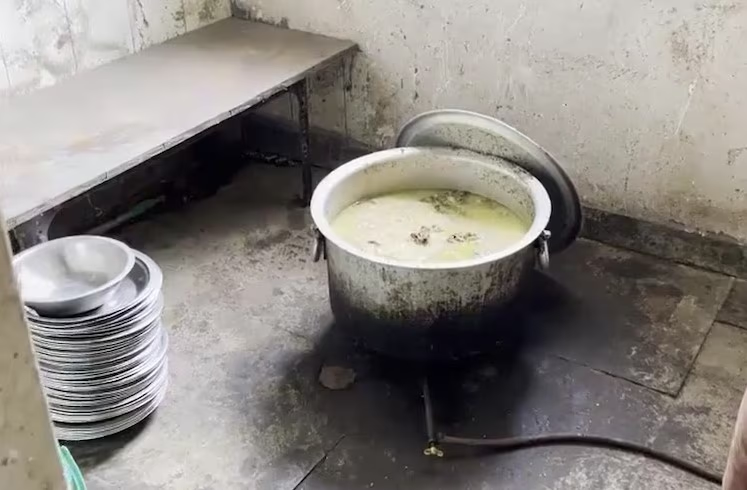
Source: aajtak
Surgical details were missing, the doctor's room was closed, and there was no record of dogs brought in. The facility was dirty, with some fans working and others not. Five to six dogs were housed together in a single kennel. Charts were outdated, and dog food was left open. The preparation room was dimly lit with no bathing facilities. Staff claimed dogs were released after three days post-sterilization, but many surgeries were pending.
The Tughlaqabad ABC center, leased to Gujarat's Yash Domestic Research Center, was initially closed. This NGO faced suspension orders from the Animal Welfare Board of India in 2020 and 2021 for 'illegal, irresponsible, and cruel animal activities.' When operational, the center's staff stated it has a capacity for 90 dogs, with one dog's sterilization taking five days, implying 540 surgeries per month.
The center housed four dogs per small pen (2.5 x 4 feet) with surgery dates on the board from June 10-11, indicating prolonged stays. Misuse of resources was suspected as the center was reportedly used for 'VIP Movement Dogs' captured from Rajghat. Food preparation was underway, but the logbook wasn't provided as the duty doctor cited a broken bike as the reason for his absence.
Lack of Shelters in Delhi
MCD sources indicate the absence of dedicated shelters for dogs in Delhi, with only 20 sterilization centers accommodating roughly 2,500 dogs. Experts stress the need for at least 70% dog sterilization to curb the stray population, which current facilities can't achieve.
MCD staff mentioned local resistance to capturing or releasing dogs after sterilization. Yet, due to the Supreme Court's order, they are compelled to follow these directives despite the challenges.
